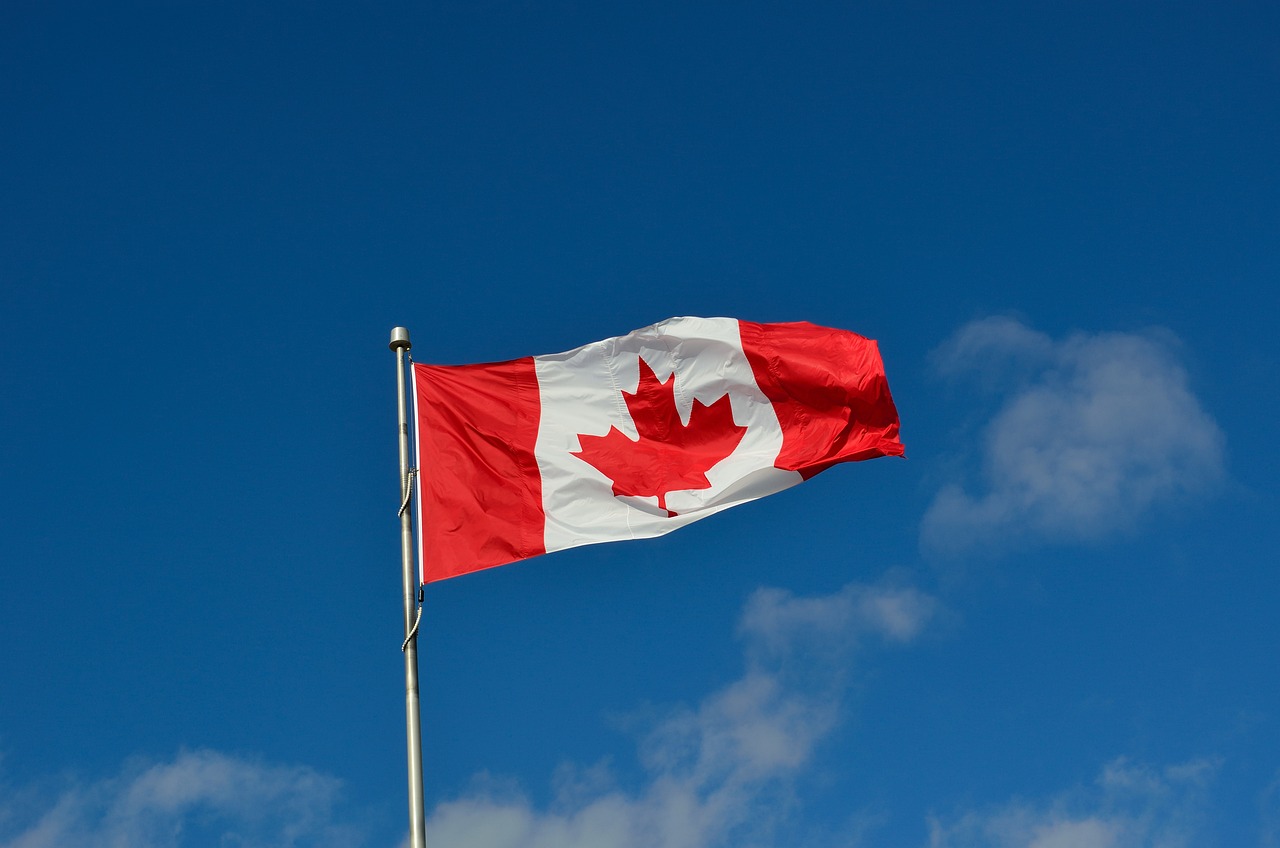In a move that has escalated a diplomatic dispute between Canada and India, Canada announced on Friday the temporary suspension of in-person operations at consulates in several Indian cities. This decision follows the withdrawal of 41 Canadian diplomats from India, adding tension to the ongoing controversy surrounding the murder of a Sikh separatist leader in British Columbia.
The affected consulates in Bengaluru, Chandigarh, and Mumbai have ceased their in-person operations. However, the Canadian High Commission in New Delhi assured that services in the capital would remain unaffected.
The dispute stems from Prime Minister Justin Trudeau’s assertion that credible evidence links Indian agents to the murder of Hardeep Singh Nijjar, a Canadian citizen, outside a Sikh temple in June. India has vehemently denied any involvement in the incident, labeling Nijjar as a terrorist.
As a consequence of these allegations, India had previously requested Ottawa to reduce its diplomatic presence. In response, Canada has cut back its diplomatic staff in India, with the Immigration, Refugees and Citizenship Canada (IRCC) department reducing its employee count from 27 to just five. This reduction in diplomatic personnel is likely to result in visa processing delays, although a significant portion of these processes are handled abroad.
Canada emphasized its enduring connection with Indian citizens, expressing its commitment to welcoming them for various purposes, such as visiting, working, studying, reuniting with loved ones, or seeking permanent residence in the country. Approximately 5% of Canada’s population, roughly 2 million Canadians, have Indian heritage. Furthermore, India represents Canada’s largest source of foreign students, constituting about 40% of the international student body.
Despite the diplomatic tensions, both countries aim to maintain their bilateral trade relationship, which reached $8 billion in 2022. Senior Indian government sources assured that the dispute would not lead to a trade conflict or affect investments, as imports from Canada continue to flow smoothly.
The Indian Ministry of External Affairs defended its decision to downsize Canada’s diplomatic presence, emphasizing the need for mutual diplomatic parity. India cited the higher number of Canadian diplomats in the country and their perceived interference in Indian internal affairs as reasons for this reduction. The Indian government rejected Foreign Minister Melanie Joly’s assertion that it violated the Vienna Convention on Diplomatic Relations, asserting that the downsizing is justified in light of the current state of bilateral relations.

